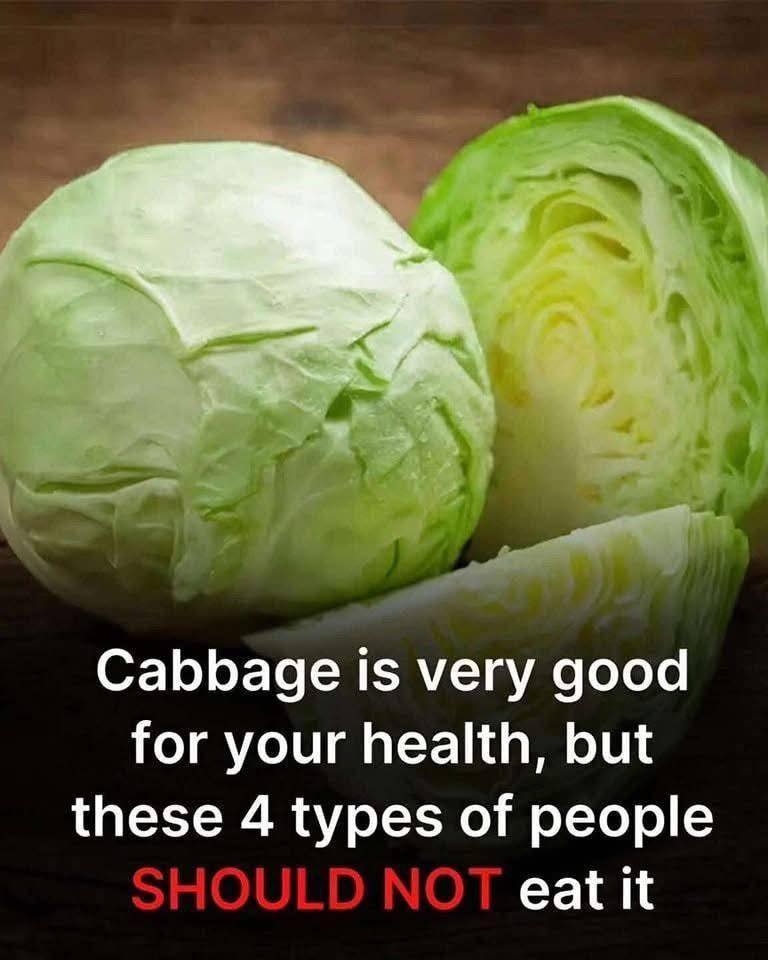—
### Potential Considerations When Eating Cabbage
While cabbage is a nutritious powerhouse, here are a few things to consider:
* **Digestive Sensitivity:** Some people may experience gas or bloating after eating cabbage due to its high fiber and raffinose content, a type of carbohydrate that can cause gas. Cooking cabbage often reduces this effect.
* **Thyroid Health:** Cabbage contains goitrogens, substances that can interfere with thyroid hormone production if consumed in extremely large amounts, especially raw. Those with thyroid issues should consume cabbage in moderation and consult their healthcare provider.
* **Interactions With Blood Thinners:** Due to its high Vitamin K content, cabbage may affect blood clotting and interact with blood-thinning medications. If you take such medications, discuss your cabbage intake with your doctor.
—
### Tips for Selecting and Storing Cabbage
* Choose firm heads with crisp, vibrant leaves free from brown spots or wilting.
* Store cabbage in the refrigerator, unwashed, wrapped loosely in plastic or in a perforated bag to maintain freshness. It can last up to two weeks when stored properly.
* Avoid cutting cabbage until you’re ready to use it, as exposure to air can cause nutrient loss and wilting.
—
### Final Thoughts
Cabbage is a nutrient-rich superfood that can enhance your diet with its impressive vitamin, fiber, and antioxidant content. Its versatility means it can fit into a wide range of dishes, from fresh salads to comforting stews. Just be mindful of potential digestive issues and interactions if you have thyroid concerns or take certain medications.
Incorporate cabbage thoughtfully, and you’ll enjoy its health benefits alongside its delightful crunch and flavor.
—
Would you like some tasty cabbage recipes or ideas for fermented cabbage dishes? I’d be happy to share!
ADVERTISEMENT

